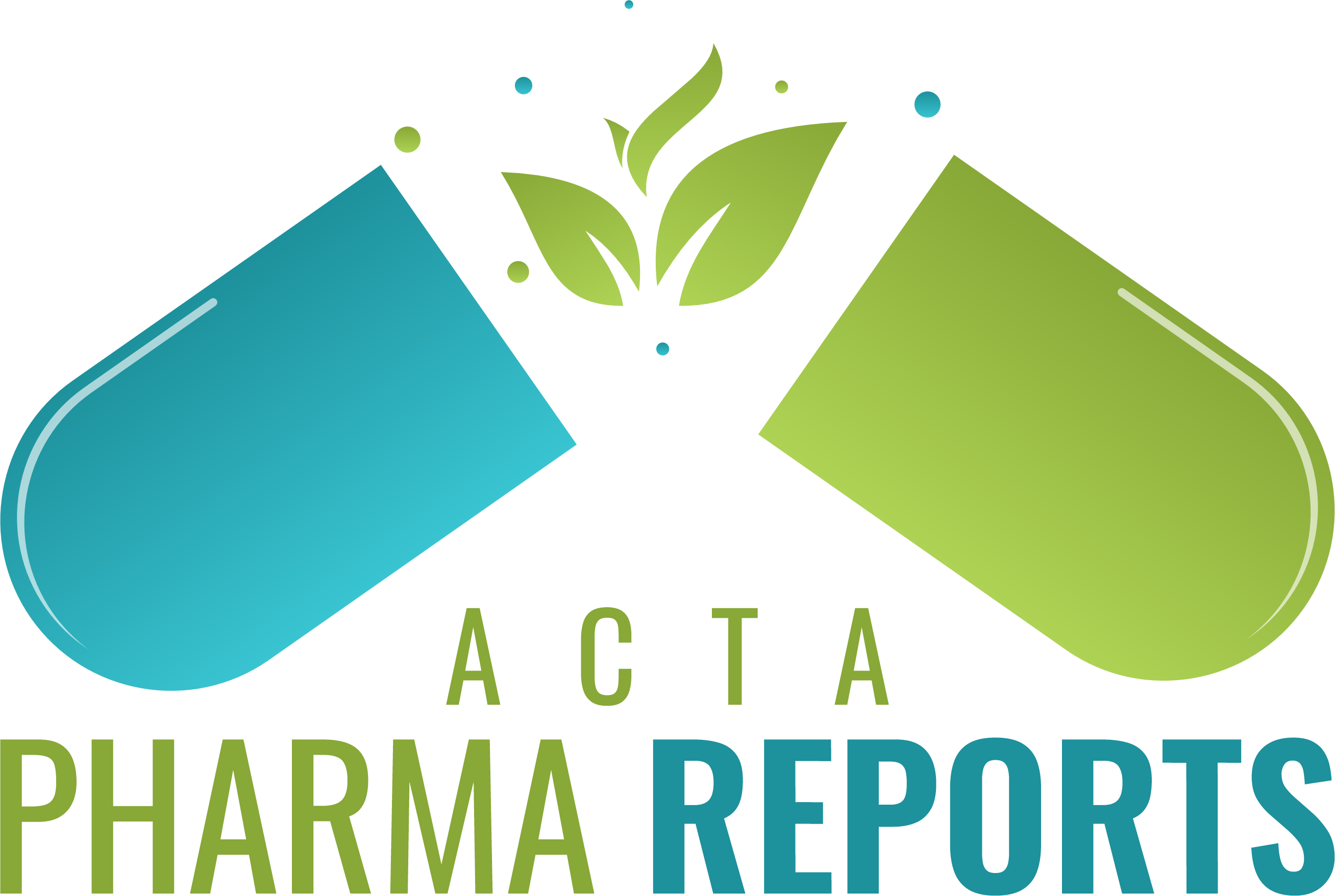Traditional Unani dosage forms, despite their proven efficacy, often encounter limitations such as poor palatability, inaccurate dosing, and stability concerns, which can affect patient adherence. This study focused on enhancing the therapeutic acceptability and effectiveness of a classical Unani formulation, Habb-e-Adrak, by developing it into a lozenge dosage form and conducting comprehensive physico-pharmaceutical evaluations. Lozenges were selected due to their benefits, including prolonged retention in the oral cavity, improved bioavailability, and ease of consumption. The formulated lozenges underwent detailed assessments covering organoleptic attributes (such as appearance and taste), as well as quantitative tests for weight variation, hardness, thickness, friability, disintegration time in the mouth, drug content uniformity, reducing sugar levels, moisture content, and pH of the solution. Thin Layer Chromatography (TLC) was utilized to identify and analyze the chemical constituents present in the formulation. The findings generated reliable data for establishing quality control benchmarks and suggest that the lozenge form of Habb-e-Adrak offers a viable strategy for enhancing patient compliance and therapeutic efficacy in Unani medicine.
